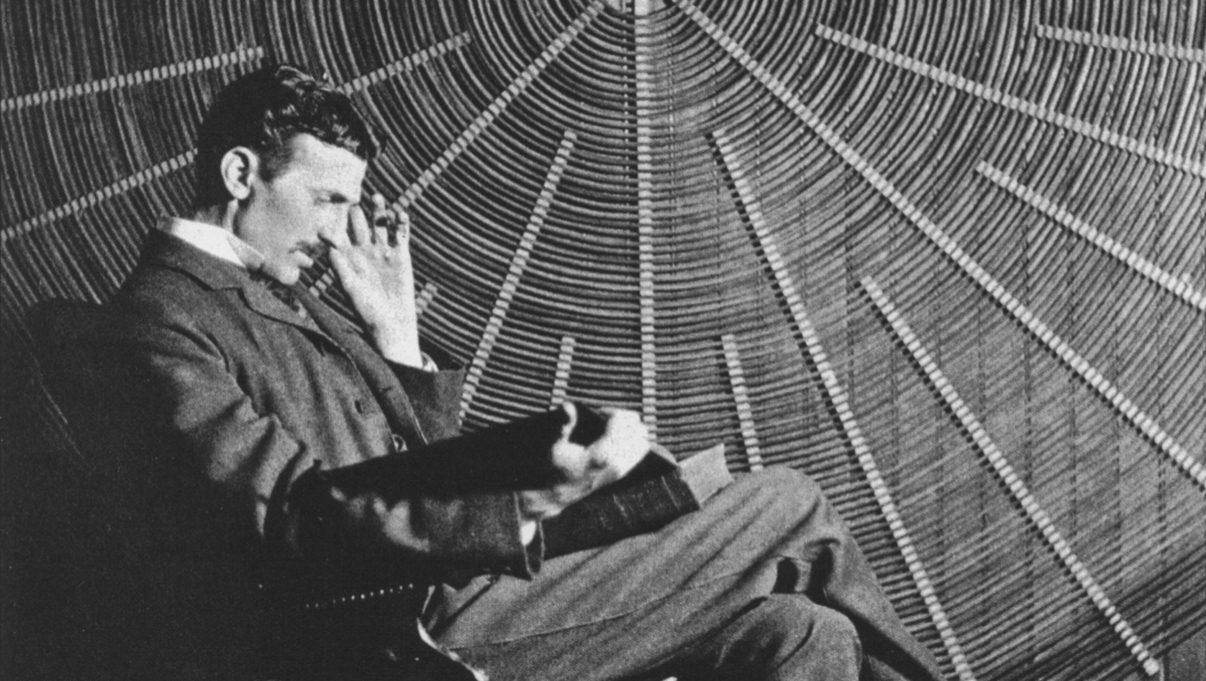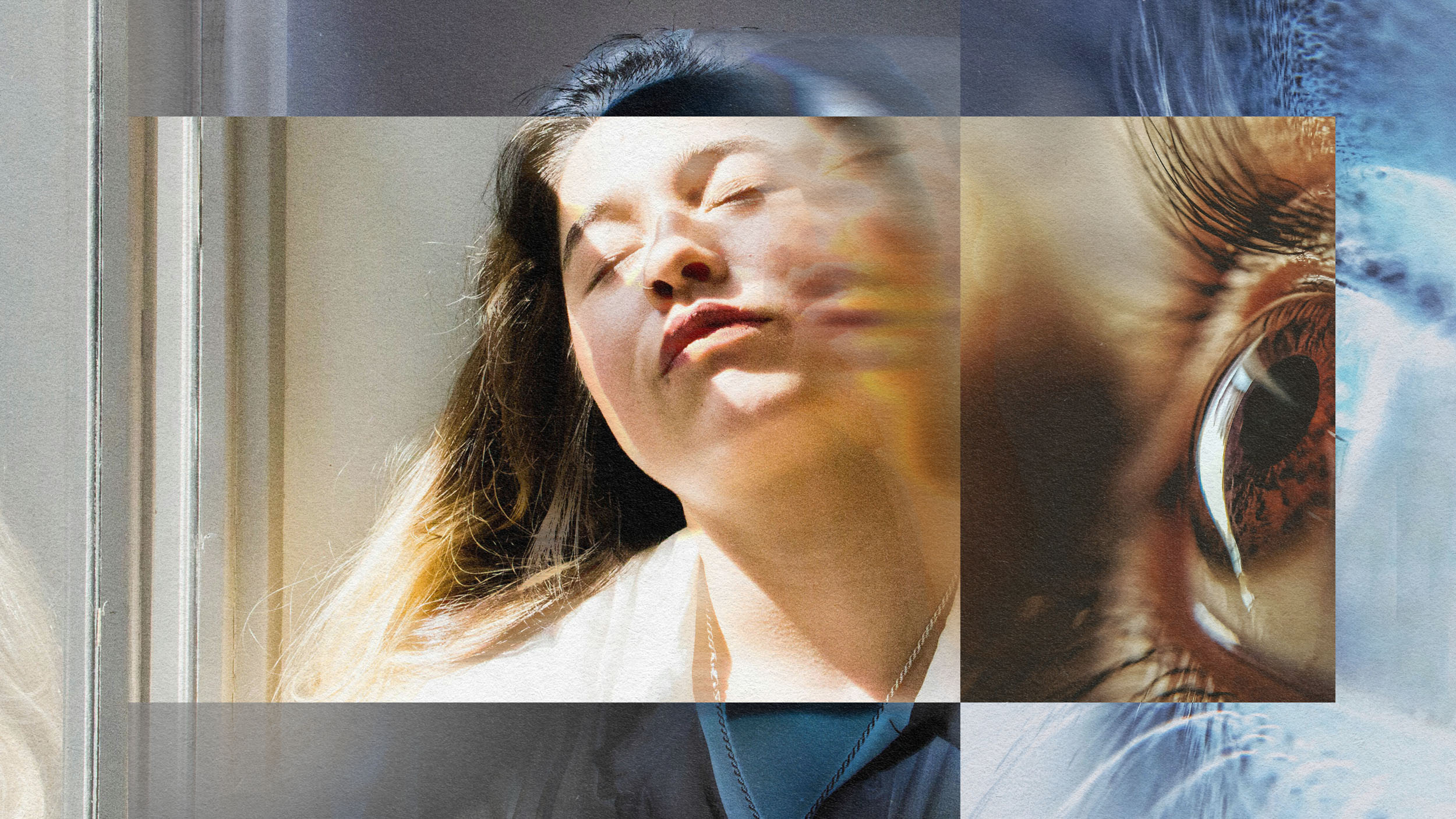Why Do We Sleep?

We spend one-third of our lives asleep—for an average American, that’s over 26 years—yet sleep remains one of the biggest mysteries of neuroscience. With brain scans, scientists have learned much about what happens in our heads during sleep, but they still can’t answer the simple question: why do we sleep? There are theories, of course (summarized in the takeaway below), but one thing is very clear: without sleep, our brain begins to malfunction.
Columbia University neuropsychologist Yaakov Stern tells Big Think that people’s abilities to perform simple tasks drops dramatically after 48 hours without sleep. But some people are affected more than others. What Stern’s research hoped to answer was why some brains are better able to cope with sleeplessness than others, with the hopes of potentially minimizing our biological need for sleep.
First, Stern located a neural network, mostly in the occipital and parietal lobes of the brain, that seemed to determine whether a person coped well or poorly without sleep. Then he used Transcranial Magnetic Stimulation (TMS) to stimulate these areas that were affected by sleep deprivation. “Our hope was that if we stimulated that area, we could improve people’s performance,” he tells Big Think. “And what we found, which was surprising to me was that, first of all, the stimulation to the occipital area did help people respond a little faster compared to some other area that had nothing to do with the network. And the people who benefited most from that stimulation were the people who had showed the most reduction in the network, which is another confirmation that we were finding something interesting.”
Stern’s studies may suggest future ways to mitigate sleep deprivation, but they don’t lead us any closer to understanding the function of sleep. Nor do they explain the nightly hallucinations we call dreams. Dreams occur mostly during REM sleep, a stage of sleep characterized by heightened brain activity. During a normal night of sleep, the brain cycles repeated back and forth between REM sleep and three stages of non-REM sleep: Stage 1, the twilight period between sleeping and waking which occurs only at the beginning of sleep; Stage 2, light sleep which accounts for 60% of night’s rest; and Stage 3, deep sleep, during which most sleep disorders occur.
In her Big Think interview, Shelby Harris, the director of the behavioral sleep medicine program at Montefiore Medical Center in the Bronx, told us that we normally cycle through these stages five or six times in a night and that REM sleep (and therefore dreaming) becomes more prevalent the long
er we sleep. “That’s why people tend to remember their dreams in the morning a little bit better,” she explains. But what should we do with the fuzzy dream images that we do manage to hold onto? Are they really the “golden highway to the unconscious,” as Freud believed? Can we learn more about ourselves by trying to interpret them?
Harris doesn’t think so. As she explains in the video below, our understanding of dreams has changed dramatically in the past century. Freud and Jung believed that dreams are the way that the subconscious communicates with the conscious mind. If a person experiences anxiety or fear in a dream, analyzing the dream might help him understand why he is anxious in the first place and what he could do to mitigate that anxiety during the day. But modern theories don’t place as much stock in the actual content of the dreams. Harris thinks dreams are the brain’s method of sorting memories and experiences from the previous day, deciding which ones to retain and which ones to discard.
Takeaway
Though scientists haven’t found conclusive evidence for why our brains need so much sleep, there are some interesting theories:
Information processing theory — Several studies have suggested that REM sleep and/or non-REM sleep might be important for the brain’s ability to process and consolidate memories from the previous day, forming new neural networks and strengthening others. Related studies have also suggested that sleep helps clear away unimportant information, making room for new neural connections.
Damage reversal theory — During waking hours, neurons in the brain are subjected to the wear-and-tear of oxidative stress caused by free radicals; one theory holds that the cool-down period of sleep help to regulate homeostasis in the body and brain and to repair any damage that has occurred during waking.
Adaptive inactivity theory — Last year UCLA neuroscientist Jerome Siegel proposed that sleep might not be physiologically necessary to animals at all. He hypothesized that rather than serving some universally vital, but unknown, function in animals, sleep actually emerged because of its evolutionary benefits: sleep optimizes the timing and duration of behavior, conserving energy and protecting them from certain dangers. Across the animal kingdom there is wide variability in sleep duration, and Siegel suggests that ecological variables more so than biological needs dictate the timing and duration of sleep for different species.
More Resources
— “Sleep viewed as a state of adaptive inactivity” (2009) published by Jerome Siegel in Nature
— Time magazine article about our biological need for sleep





